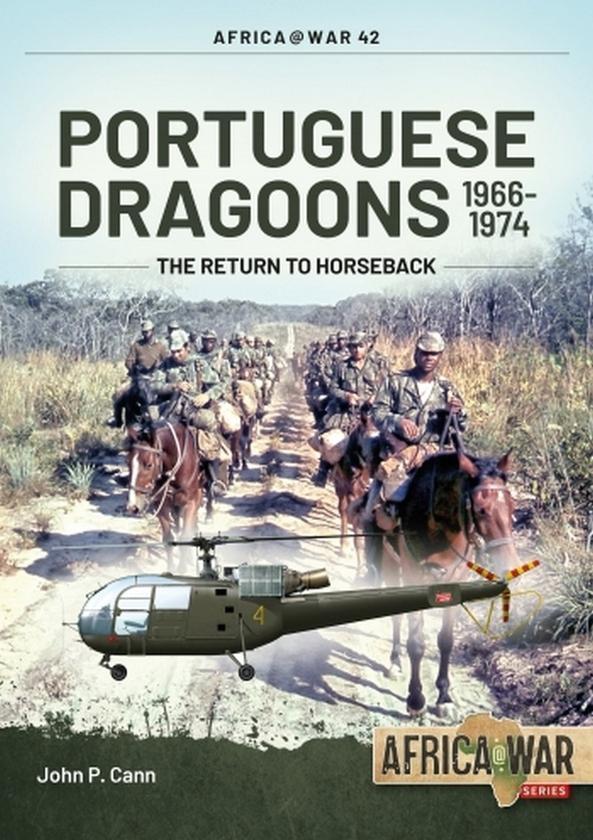
Portuguese Dragoons 1966-1974
Формати
Мова
Серія
Between 1961 and 1974 Portugal fought a war to retain its African colonies of Angola, Guinea-Bissau, and Mozambique. Collectively known as the Campaigns for Africa, the origin of the conflict stems from the post-World War II atmosphere of nationalism and anti-colonial fervour. The Angolan insurgency began in 1961, followed by unrest in Guinea-Bissau in 1963 and Mozambique in 1964. Portugal's initial actions in Angola were based on foot-slogging by infantry, considered the best method of addressing an insurgency, not only to hunt the enemy but also to keep contact with the population. But in the vast areas of Angola – the majority of which was unsuited to wheeled vehicles – this tactical approach was too painful, and for Portugal the number of troops available was limited. The helicopter was a possible solution, but it was beyond Portugal's finance resources and it had a tendency to fly over those areas where it was vital to communicate with the population and secure its loyalty.
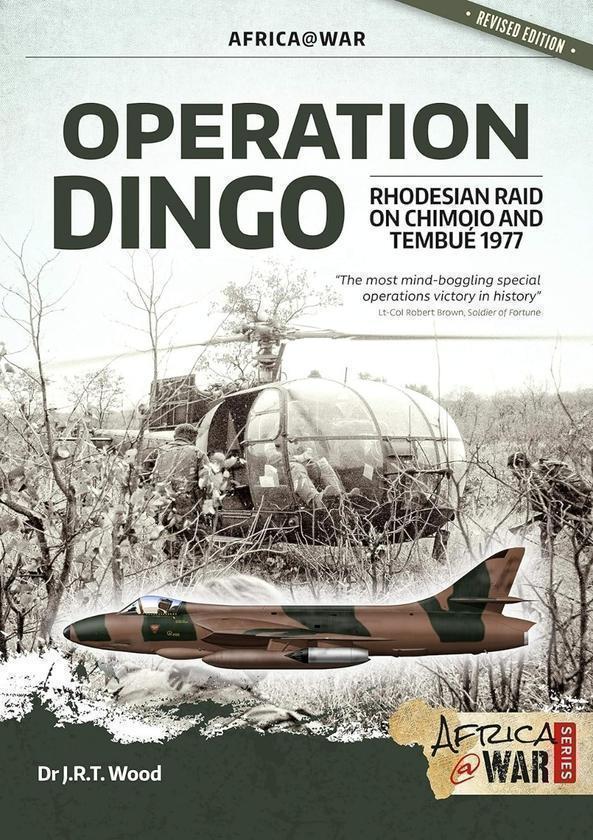
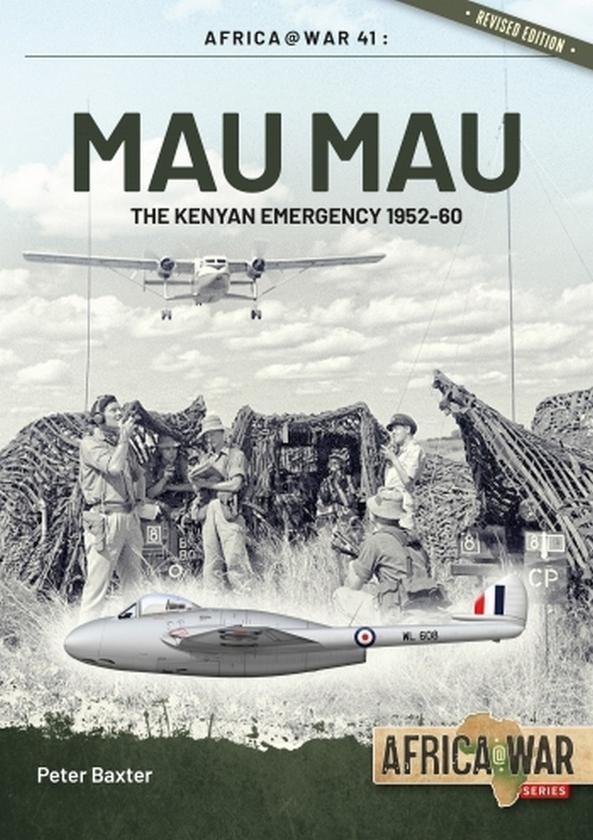
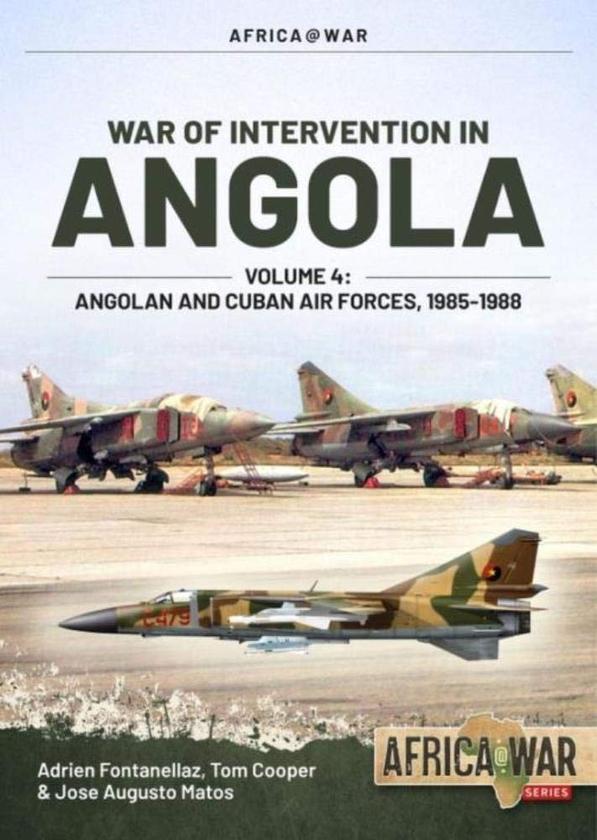
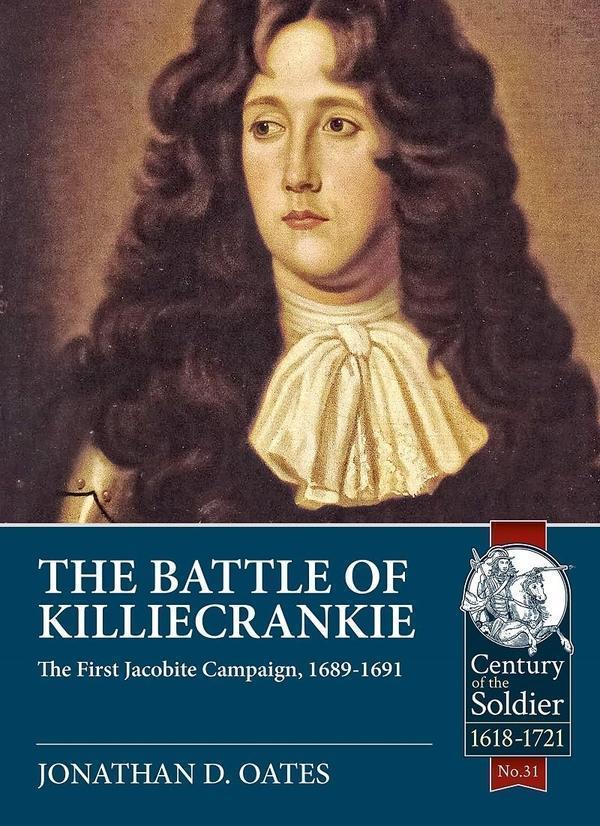
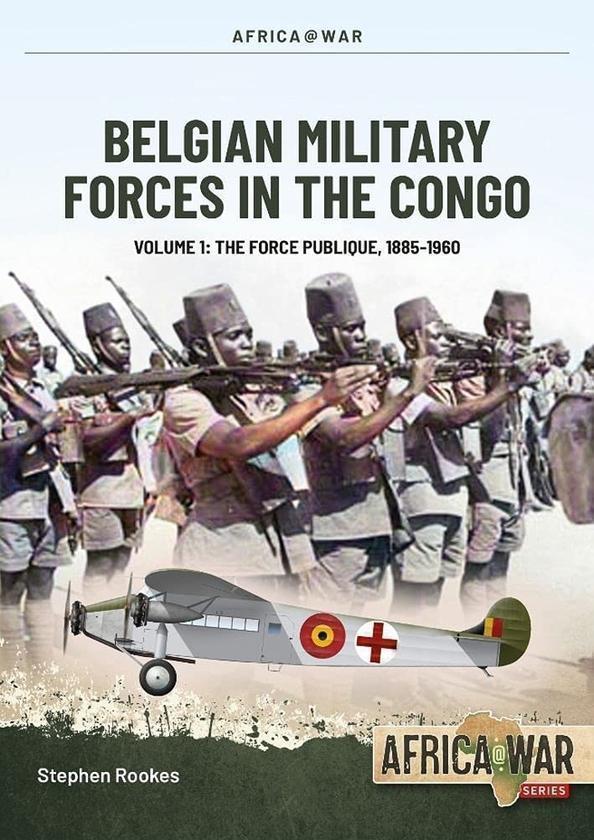
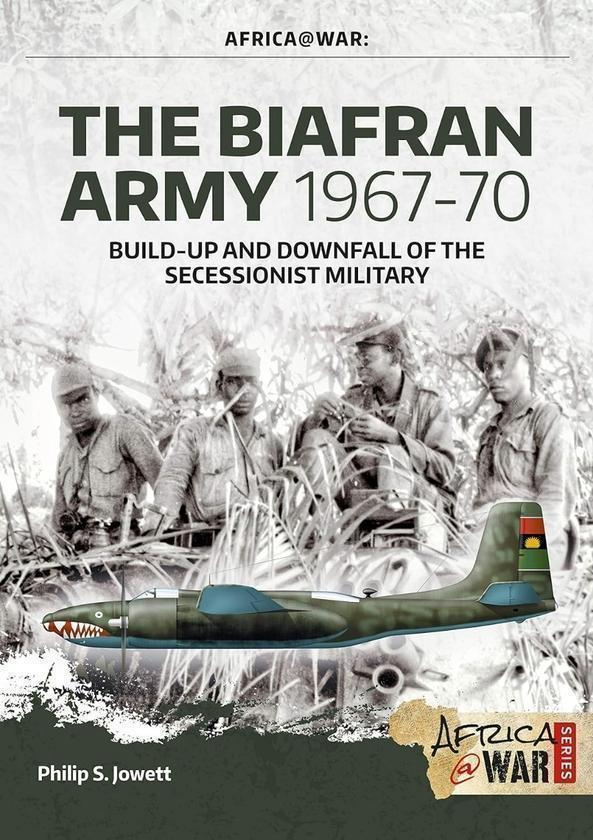
Коментарі
Немає коментарів. Будьте першим, хто залишить коментар!
Щоб залишити коментар, будь ласка, увійдіть або зареєструйтесь